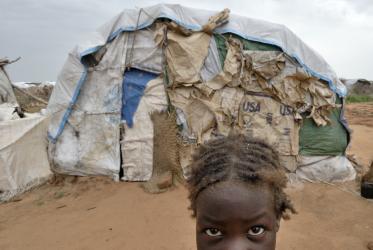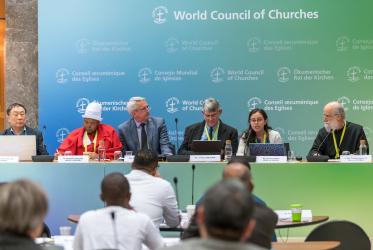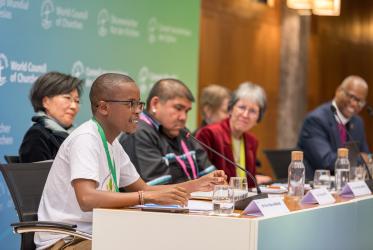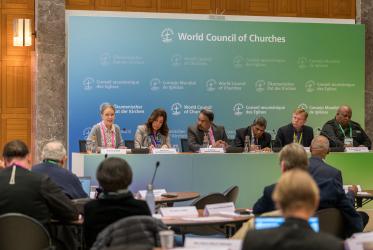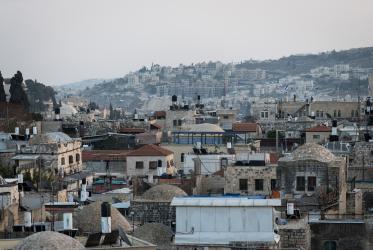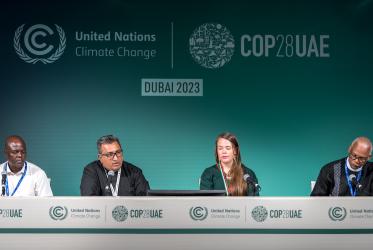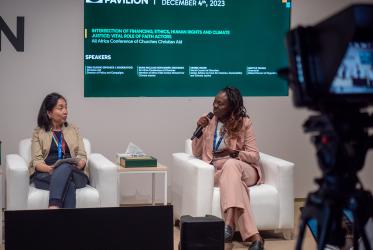Displaying 1 - 20 of 960
Taxes and gender justice: how do we bridge the divide?
25 April 2024
Compêndio De Práticas Promissoras de intervenções de comunidades religiosas africanas contra o HIV em crianças e adolescentes
Sumário Executivo
23 March 2024
Compendium of Promising Practices of African Faith Community Interventions against Paediatric and Adolescent HIV
Executive Summary
23 March 2024
Faith Actors Reflect on Their Role in Reaching HIV Goals at ICASA
21 December 2023
WCC webinar explores decolonizing beauty
11 December 2023
Faith communities advocate for a just transition at COP28 side event
09 December 2023



